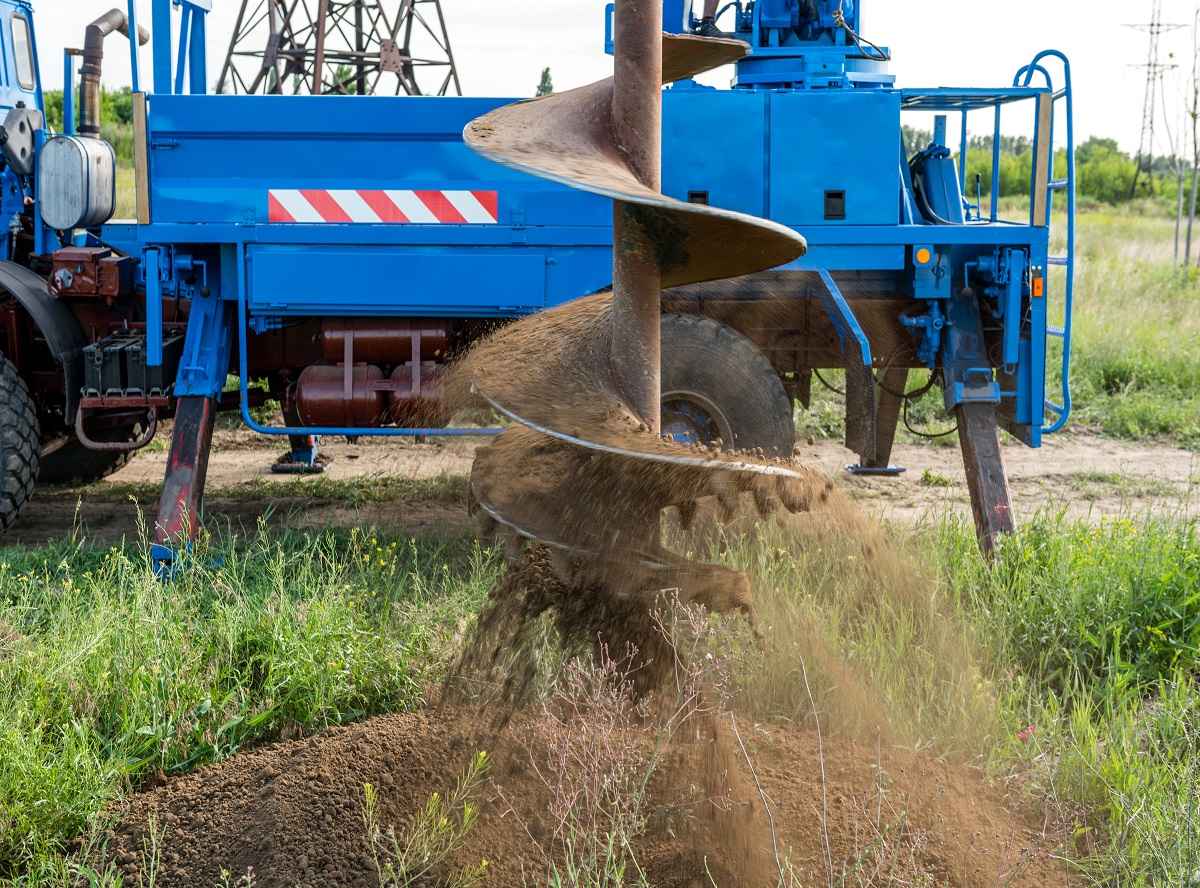What is Geotechnical Engineering?
Geotechnical engineering stands as a cornerstone within civil engineering, focusing on comprehending the intricacies of earth materials and their interactions with infrastructure. It encompasses a multidisciplinary approach, integrating principles of soil mechanics, rock mechanics, hydrogeology, and geology to evaluate the behavior and properties of the earth’s subsurface layers.
At its core, geotechnical engineering examines the mechanical, hydraulic, and thermal behaviors of soil and rock formations. This understanding is pivotal for various construction projects, ranging from buildings and bridges to tunnels and dams. Geotechnical engineers assess the stability, bearing capacity, and settlement characteristics of soil to inform the design and construction processes, ensuring the safety and longevity of structures.
Furthermore, geotechnical engineering plays a vital role in mitigating geohazards such as landslides, sinkholes, and earthquakes. By conducting thorough site investigations and implementing appropriate mitigation measures, geotechnical engineers help minimize risks to infrastructure and public safety.
Why Learn Geotechnical Engineering Nowadays?
In today’s fast-paced and increasingly urbanized world, the importance of learning geotechnical engineering cannot be overstated. With the global population growing and infrastructure needs escalating, there is a pressing demand for skilled professionals who can navigate the complexities of the earth’s subsurface and ensure the safe and sustainable development of infrastructure.
Learning geotechnical engineering equips individuals with a unique set of skills and knowledge essential for addressing the challenges of modern construction projects. By understanding the behavior of soil and rock formations, as well as the potential geohazards they pose, geotechnical engineers can provide invaluable insights into site suitability, foundation design, and risk management.
Moreover, the field of geotechnical engineering offers diverse and rewarding career opportunities across various sectors, including construction, consulting firms, government agencies, and research institutions. Whether it’s designing foundations for high-rise buildings, assessing landslide risks for transportation projects, or investigating groundwater contamination, geotechnical engineers play a critical role in shaping the built environment.
Furthermore, learning geotechnical engineering fosters a deeper appreciation for the complexities of the natural world and the interconnectedness of geology, engineering, and society. It challenges individuals to think critically, creatively, and ethically as they navigate the dynamic landscape of infrastructure development.
Work in Geotechnical Engineering
A career in geotechnical engineering offers a fascinating blend of challenges and opportunities for professionals passionate about making a tangible impact on the world. Geotechnical engineers play a pivotal role in various stages of construction projects, from initial site investigation and characterization to design, construction oversight, and ongoing monitoring.
One of the most compelling aspects of working in geotechnical engineering is the diversity of projects encountered. Geotechnical engineers may find themselves working on a wide range of projects, including building foundations, retaining walls, embankments, tunnels, and offshore structures. Each project presents unique geotechnical challenges that require innovative solutions and meticulous attention to detail.
Moreover, geotechnical engineers collaborate closely with architects, structural engineers, environmental scientists, and other professionals to ensure that projects are designed and implemented safely and sustainably. They conduct comprehensive site investigations, analyze soil and rock properties, and develop engineering solutions tailored to the specific needs and constraints of each project.
Furthermore, working in geotechnical engineering offers opportunities for personal and professional growth. Geotechnical engineers continually expand their knowledge and expertise through ongoing education, training, and hands-on experience. They may specialize in areas such as slope stability, foundation design, geotechnical instrumentation, or geotechnical risk assessment, depending on their interests and career goals.
Why is Geotechnical Engineering Crucial for Innovation?
Geotechnical engineering serves as a catalyst for innovation in the construction industry, driving advancements that revolutionize the way we approach infrastructure development. At its core, geotechnical engineering is about more than just understanding the properties of soil and rock; it’s about leveraging that knowledge to create innovative solutions that address complex challenges and push the boundaries of what’s possible.
One of the keyways in which geotechnical engineering fosters innovation is through the development and application of advanced technologies. From ground-penetrating radar and remote sensing techniques to numerical modeling and data analytics, geotechnical engineers have access to a wide array of tools and methodologies that allow them to better understand subsurface conditions and optimize engineering solutions.
Moreover, geotechnical engineering plays a crucial role in enabling sustainable development practices. By designing resilient foundations, implementing soil stabilization techniques, and mitigating geohazards, geotechnical engineers help minimize environmental impact and promote the long-term viability of infrastructure projects. This emphasis on sustainability not only benefits the environment but also enhances project resilience and longevity.
Furthermore, geotechnical engineering drives interdisciplinary collaboration and integration of knowledge from various fields. By working closely with geologists, hydrologists, environmental scientists, and other professionals, geotechnical engineers can develop holistic solutions that consider the complex interactions between geological, hydrological, and environmental factors.


